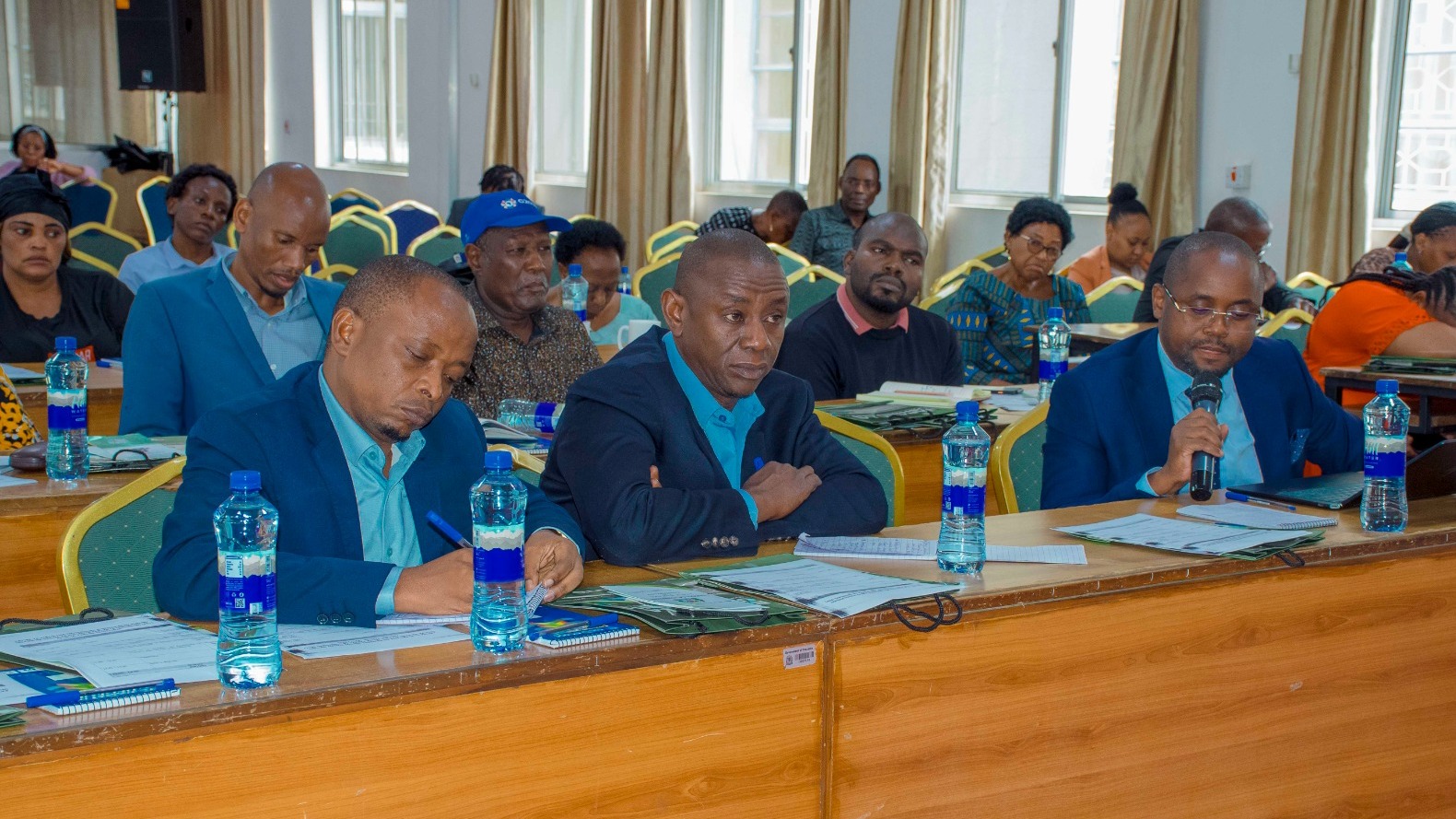Historia ya Baraza
Historia ya Baraza
Mwanzoni mwa miaka ya 1980, nchi nyingi za Dunia ya Tatu zilianzisha mabadiliko ya kiuchumi yaliyopelekea nchi hizo kuingia katika mfumo wa uchumi wa soko huria. Tanzania ilianza kufuata misingi ya uchumi wa soko huria mwaka 1986 ambapo pia ilianzisha mageuzi ya mfumo wa Sera na Sheria ili kuendana na matakwa ya uchumi wa soko huria.
Mwaka 1994, Serikali ilitunga Sheria iliyoitwa Fair Trade Practices Act, 1994 kwa lengo la kusimamia ushindani wa soko kwa watoa huduma za mitandao na wadau wengine katika soko kwa kuzuia baadhi ya vitendo ambavyo vinafifisha ushindani kama vile kupanga bei kwenye soko na kutumia vibaya nguvu ya soko. Hata hivyo, kutokana na changamoto zilizojitokeza katika utekelezaji wa Fair Trade Practices Act kama vile kutokuwepo kwa taasisi zinazojitegema ambazo ni madhubuti katika usimamiaji wa udhibiti wa soko na ushindani, sheria hiyo ilifutwa na kutungwa sheria kadhaa zilizoanzisha Taasisi tofauti za Udhibiti wa sekta pamoja na Sheria ya Ushindani, 2003.
Baraza la Ushindani ni mojawapo ya Taasisi iliyoundwa chini ya Sheria ya Ushindani, 2003 kifungu cha 84(1) kwa lengo la kusikiliza rufaa zitokanazo na maamuzi na amri za Taasisi tofauti za Udhibiti wa sekta pamoja na Tume ya Ushindani. Baraza la Ushindani lilianza mwaka 2004 chini ya Uenyekiti wa Mhe. Jaji Mstaafu L.B. Kalegeya.



